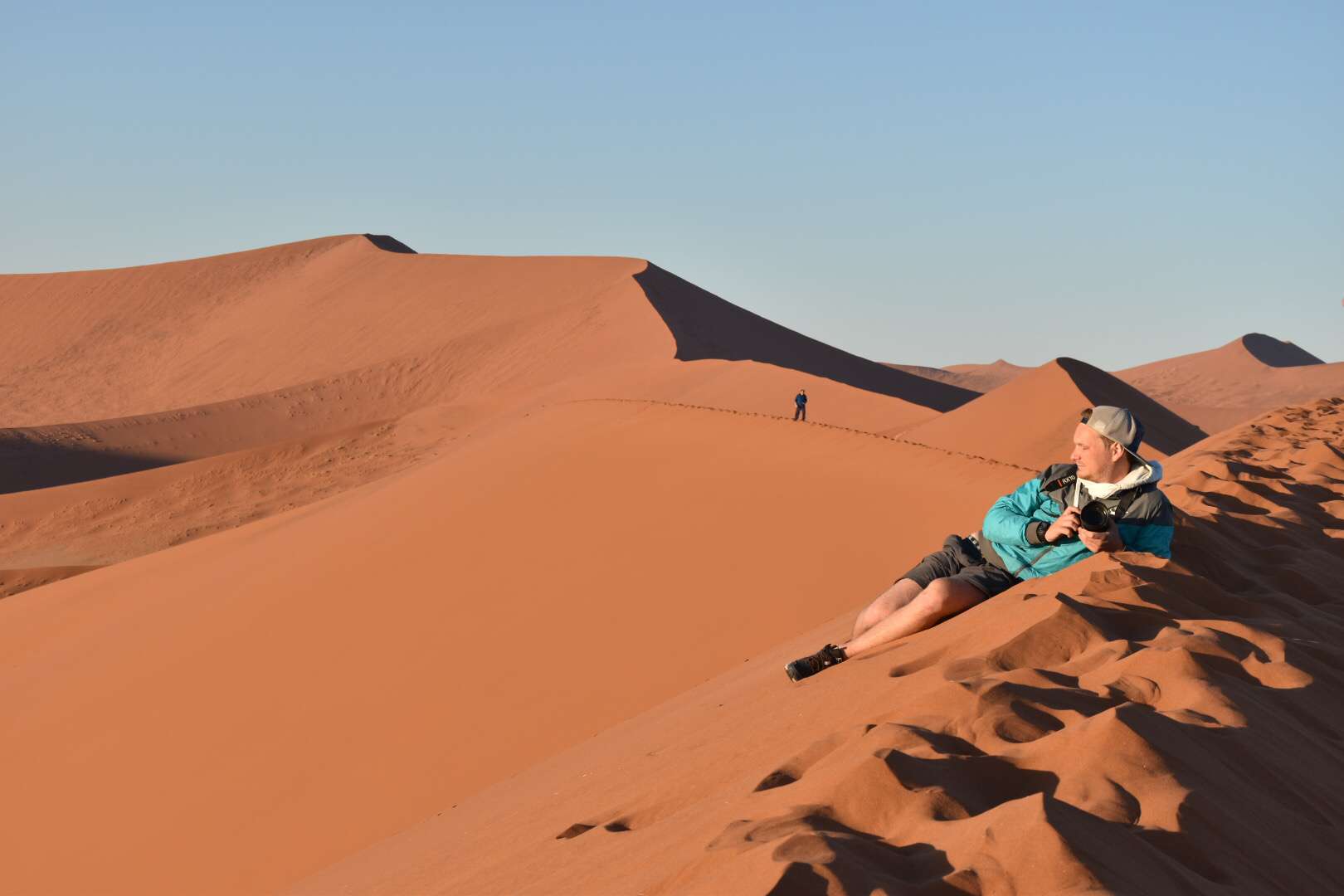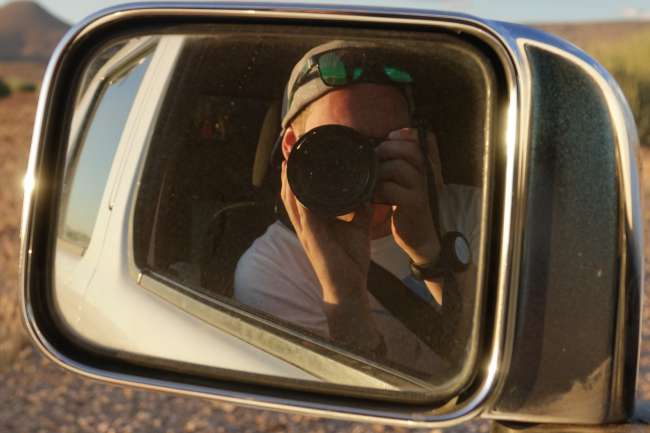Day 97 Important historical buildings in Lhasa
Argitaratu: 23.07.2017
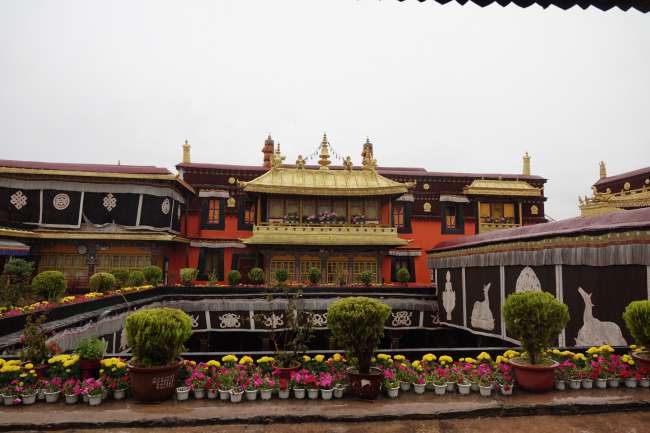
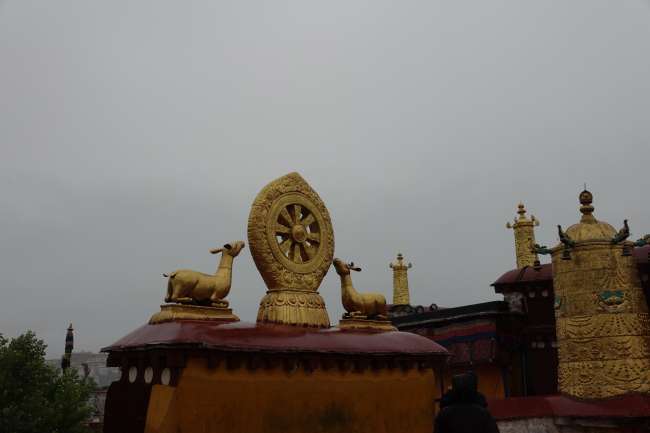
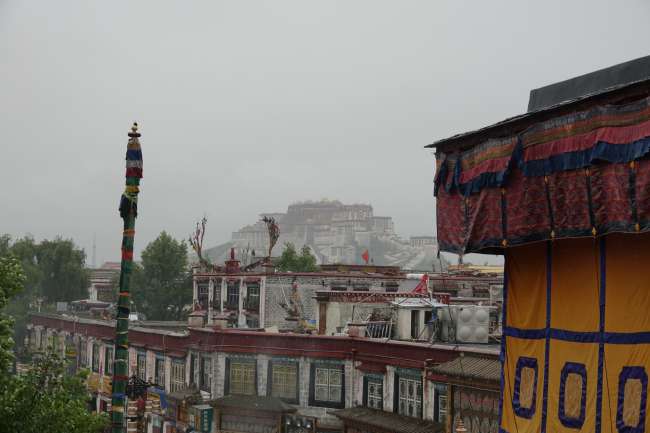
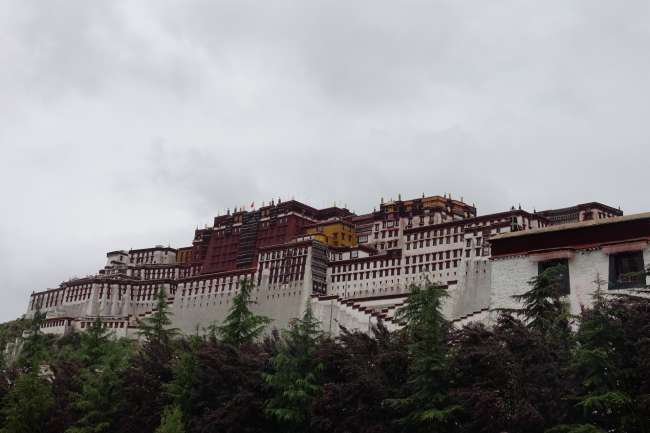
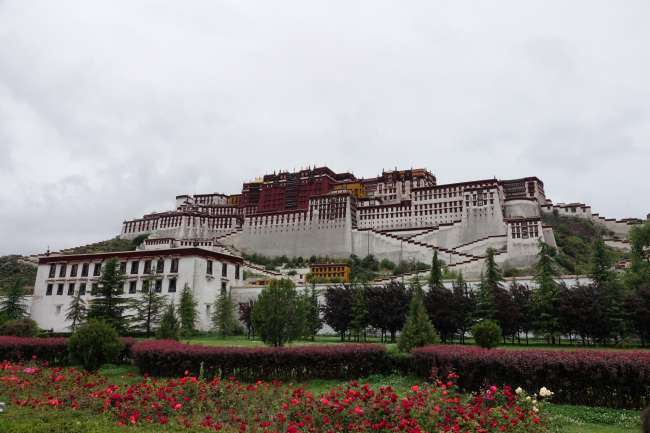
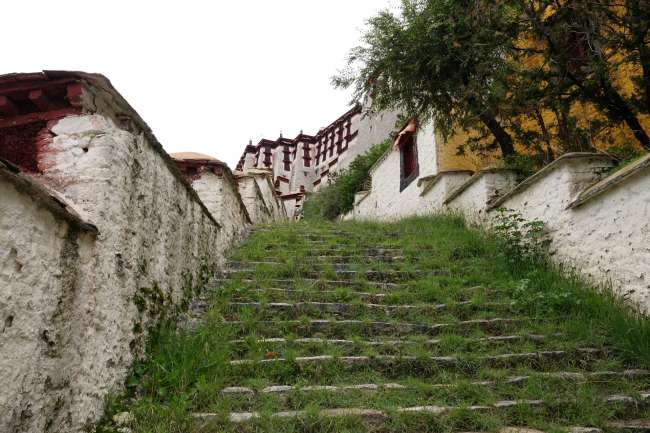
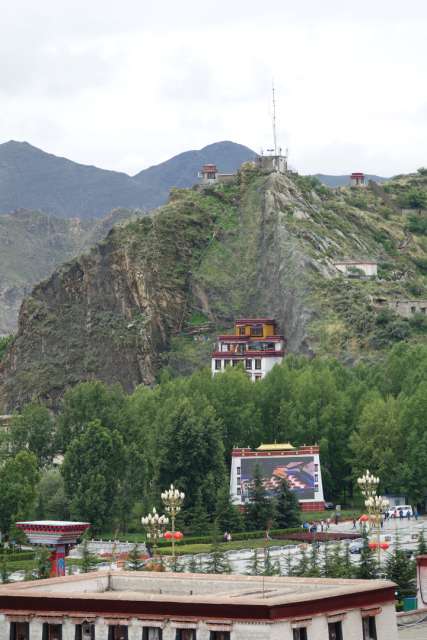
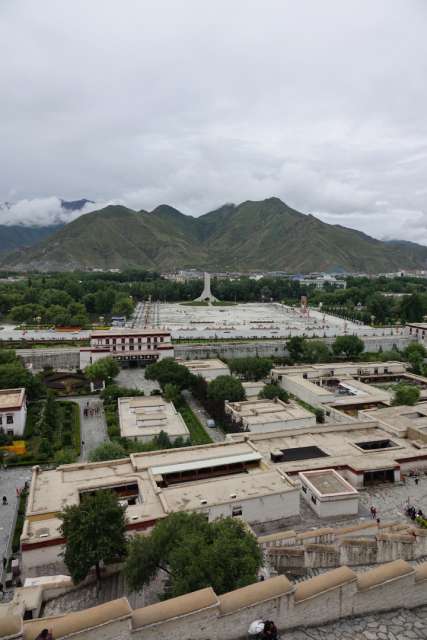
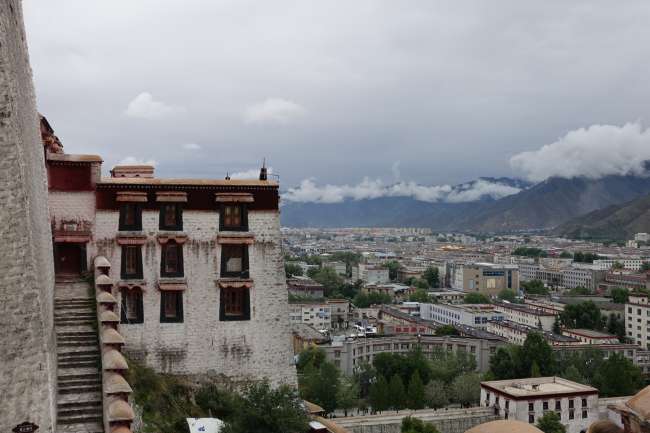
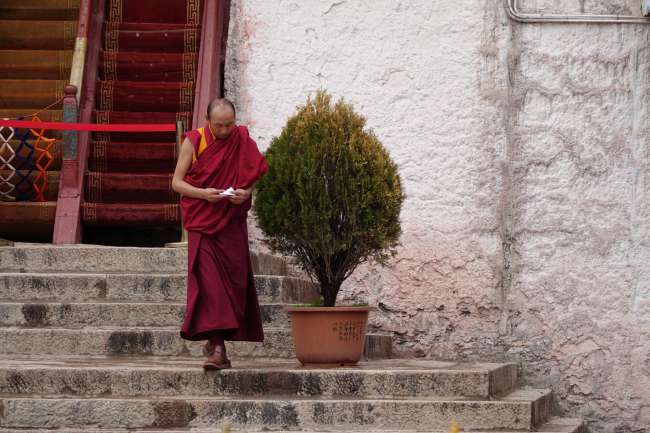
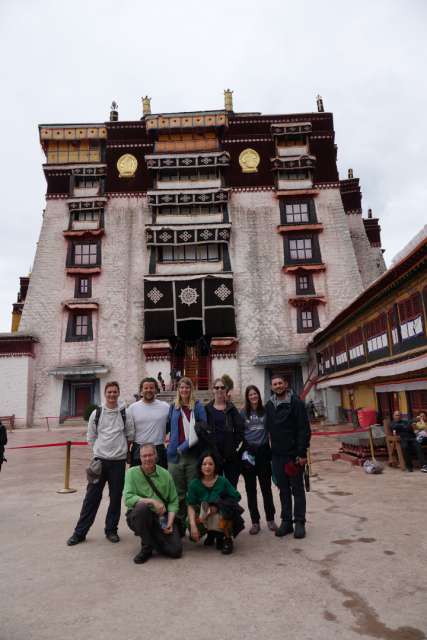
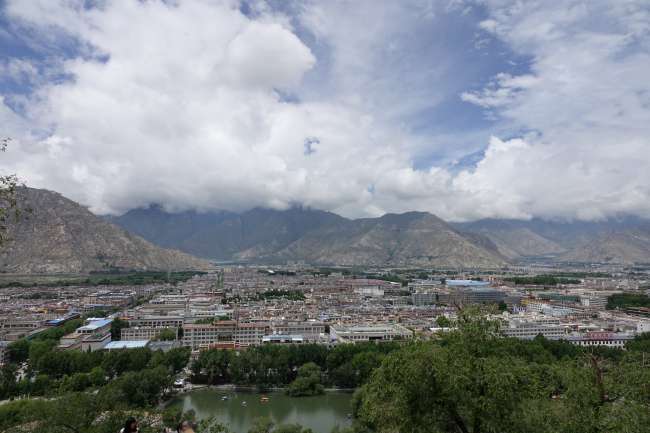
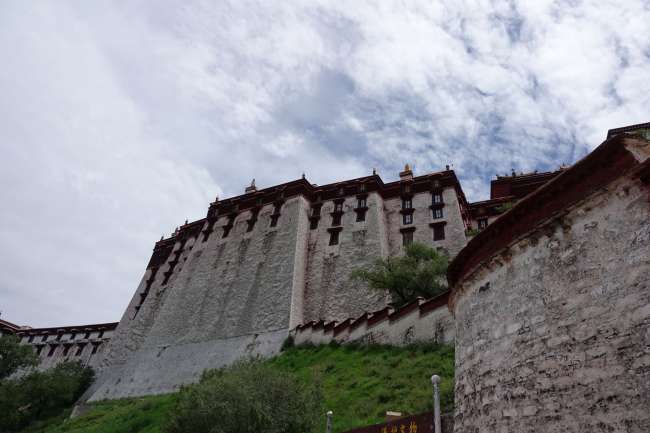
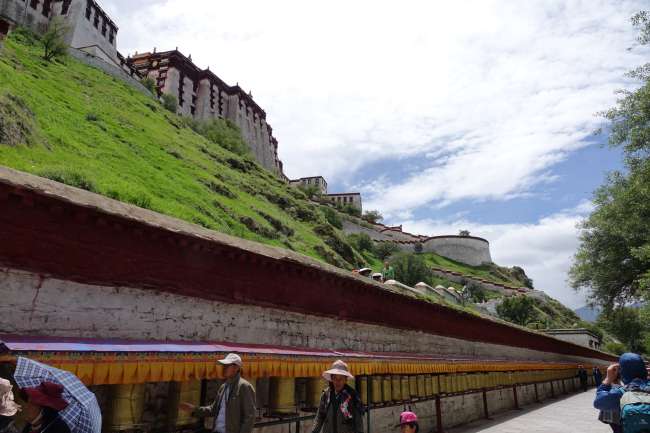
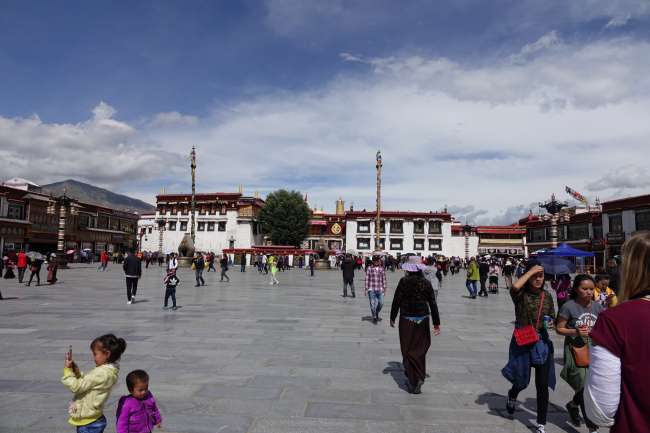
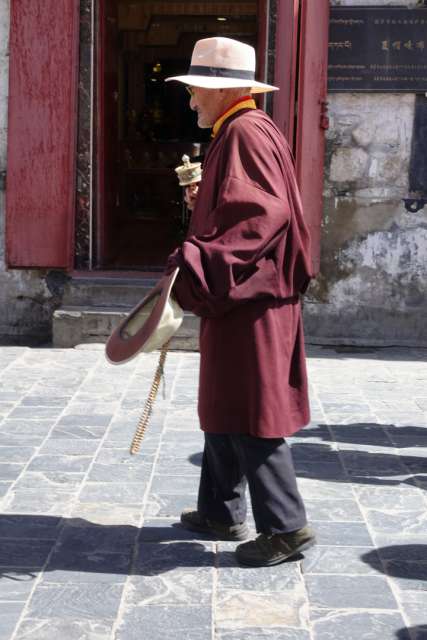
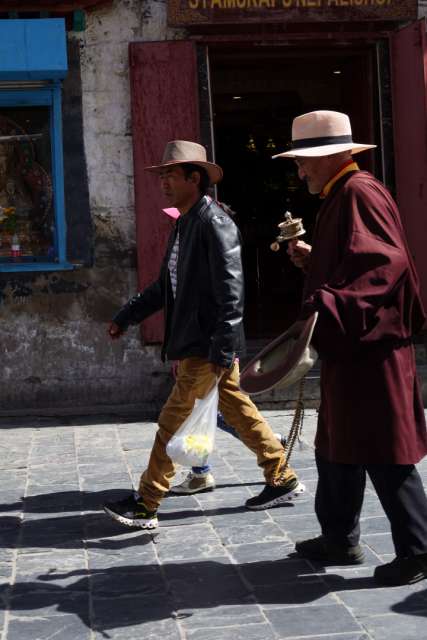
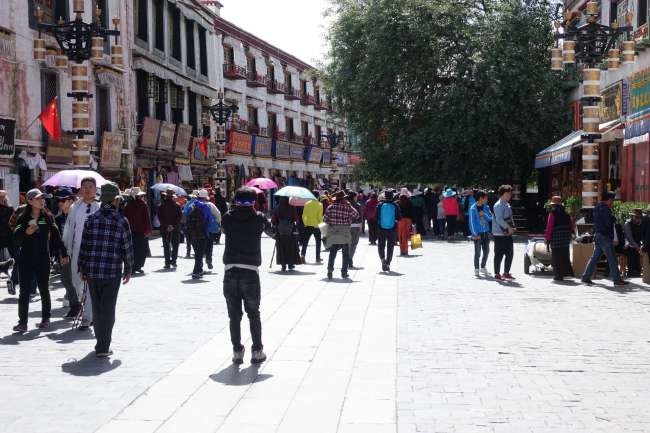
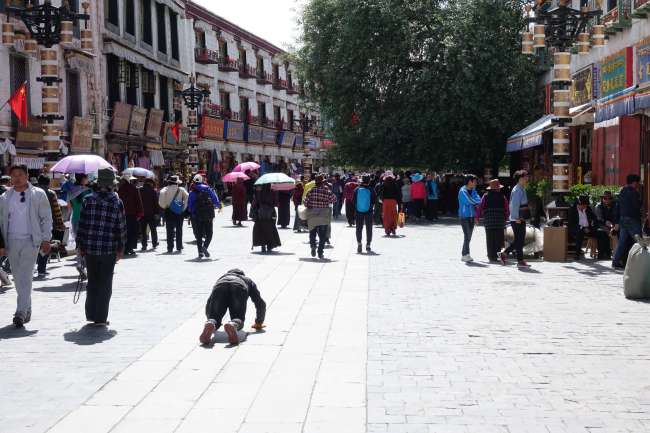
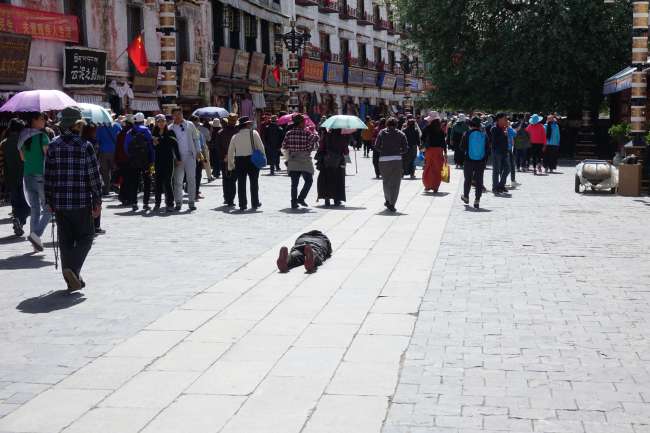
Harpidetu Buletinera
This morning I woke up and had gotten used to the altitude, because I no longer had a headache. However, the weather was anything but pleasant, it was pouring rain.
Today we visited the holiest temple in western Lhasa. The temple is only a 10-minute walk from our hotel, but it wasn't very enjoyable in the rain. Inside the temple, it was quite pleasant.
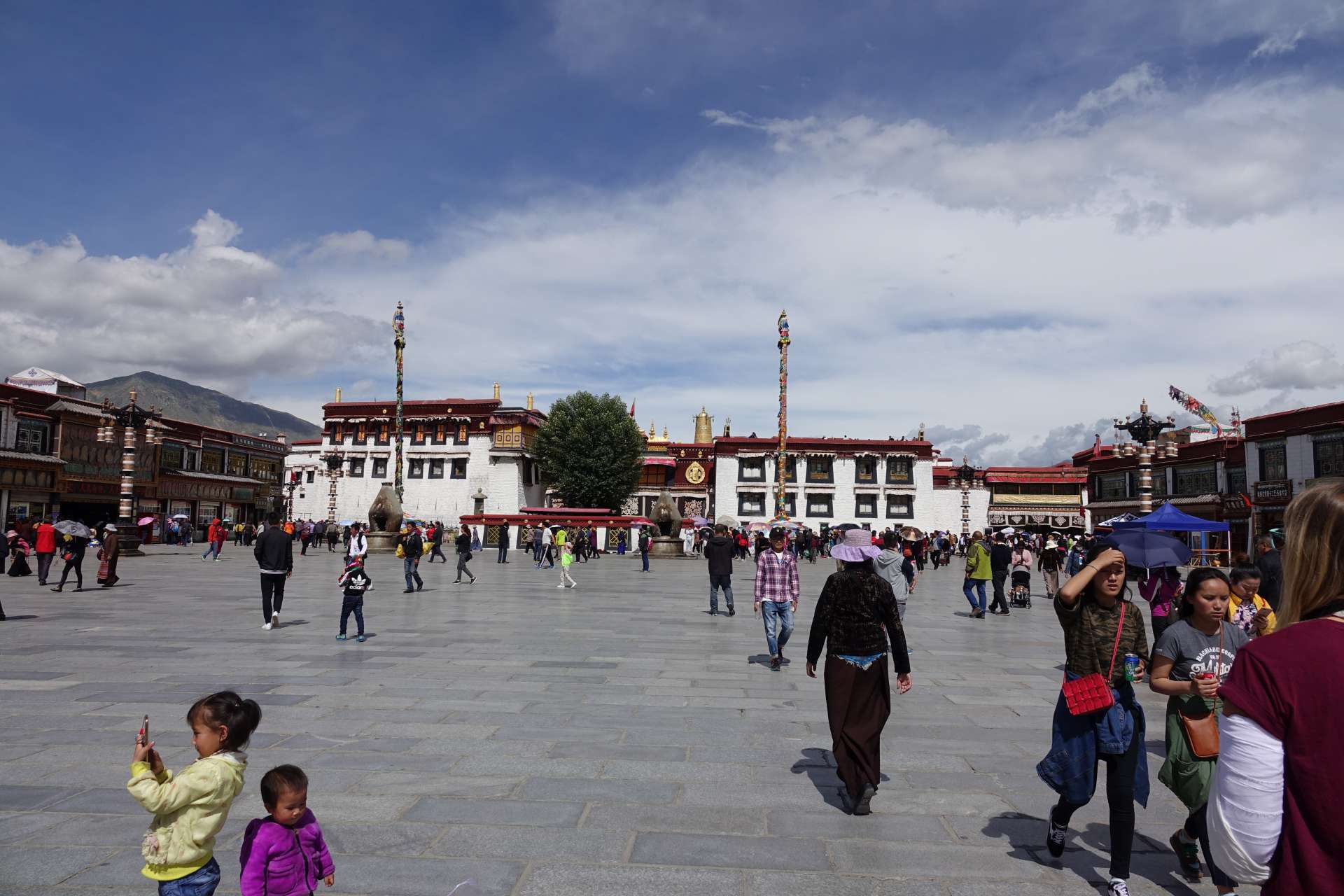

The temple was built by one of the Tibetan kings over a lake. The reason for the construction was a golden Buddha from ancient times that he received thanks to his marriage to the Chinese princess from the Chinese royal family. The king wanted to bring Buddhism to Tibet. He believed that it required this statue. There were 3 copies of this statue. One in India, one in Nepal, and one in China. The Tibetan king married the Chinese and Nepalese princesses and was able to bring two of the valuable statues to Tibet. The statues were created at the birth of Buddha, and the believers believe that it is not just a statue, but that Buddha himself lives in it. A very sacred place that we were allowed to visit. Photography was not allowed inside the temple.


Around the temple, there were many prayer drums. Many believers also practiced their prayer ritual here, lying on the ground, praying, getting up, taking 3 steps, and then lying back down.


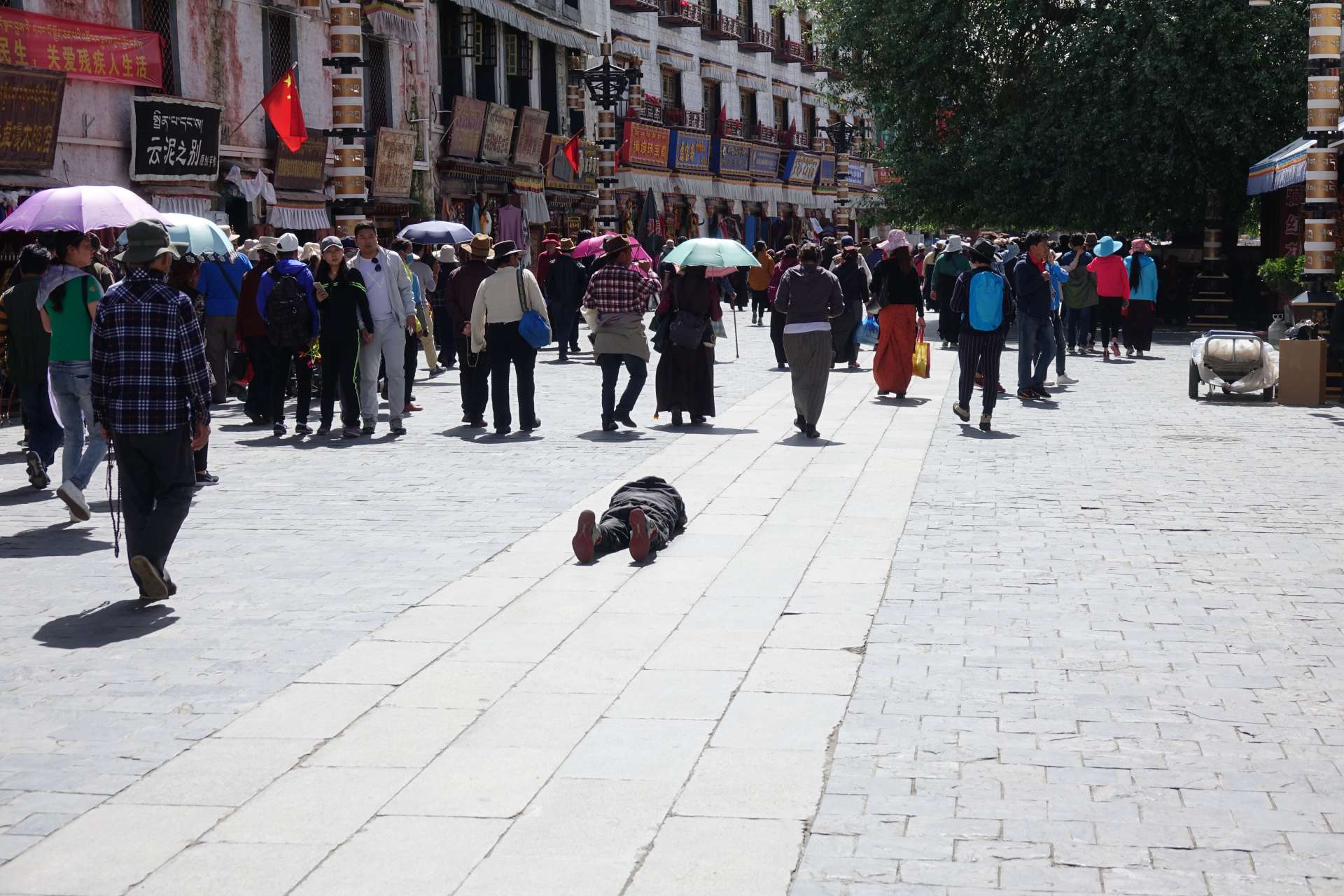
We had half an hour as we walked around the temple, you can only imagine how long the believers had.

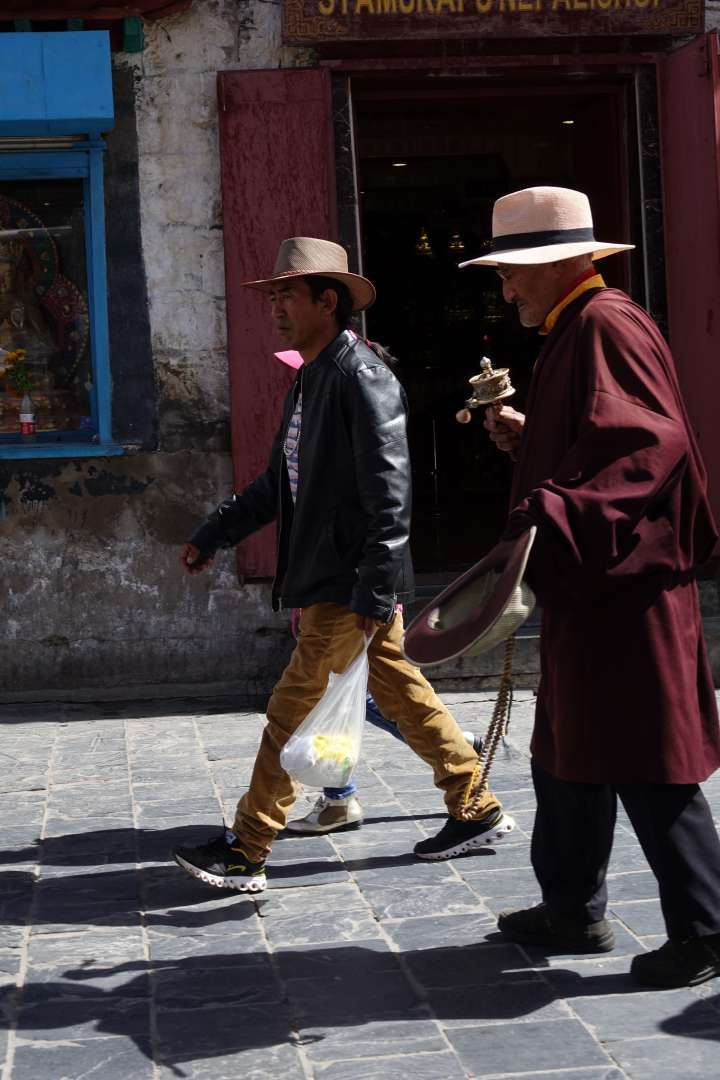
In the afternoon, with much better weather, we visited the Potala Palace, which we have seen from a distance or passing by several times.
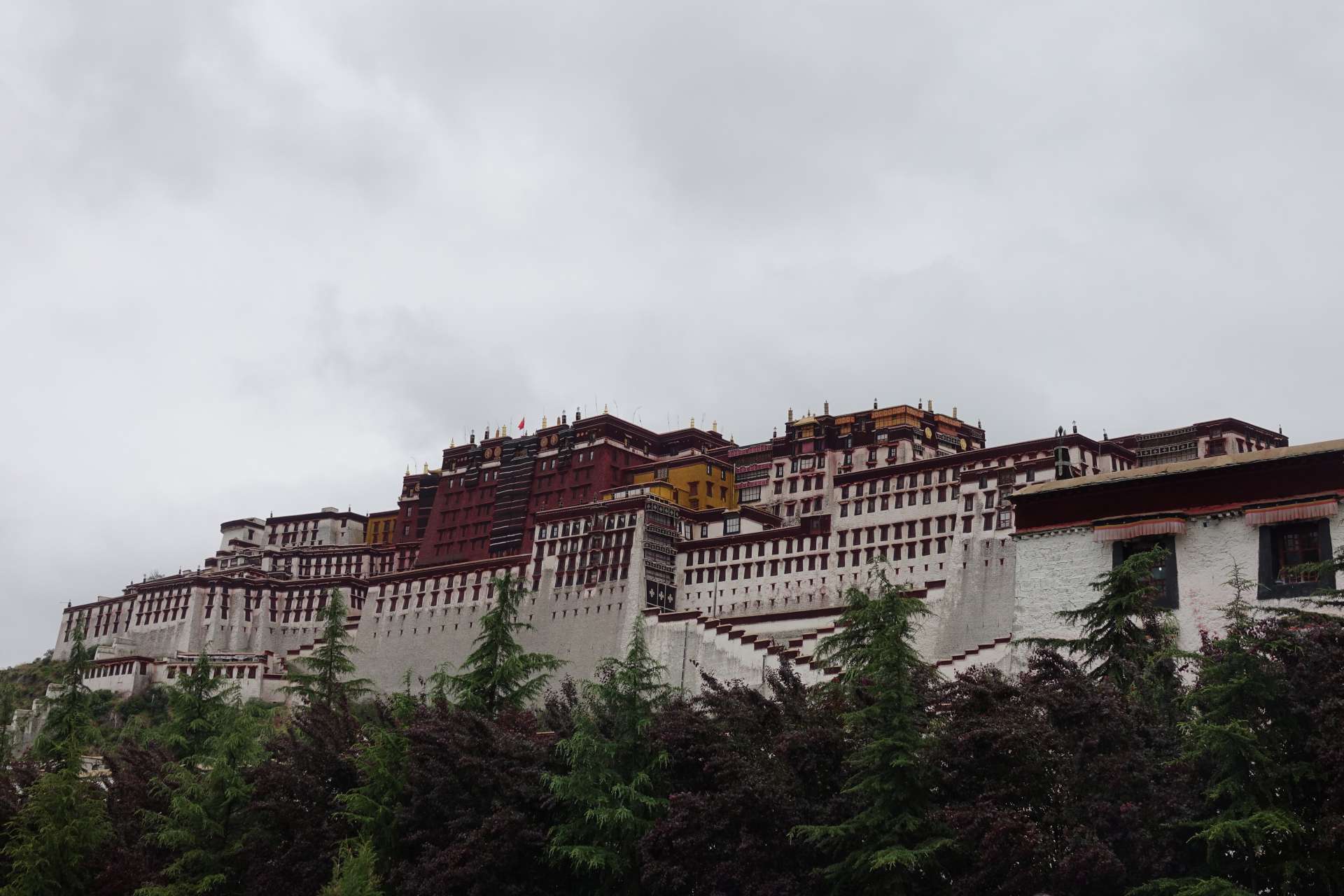
The Potala Palace was commissioned by the 5th Dalai Lama, after political power over Tibet was transferred to the Dalai Lama with the help of the Mongolian kingdom. The 5th Dalai Lama died before the construction was completed, but this was kept a secret. If it had become public knowledge that the Dalai Lama had died, the construction would have been halted.
The red part of the palace was and still is used as a monastery. The white part was used as a government building and is no longer in use. However, only the red part is accessible to the public.
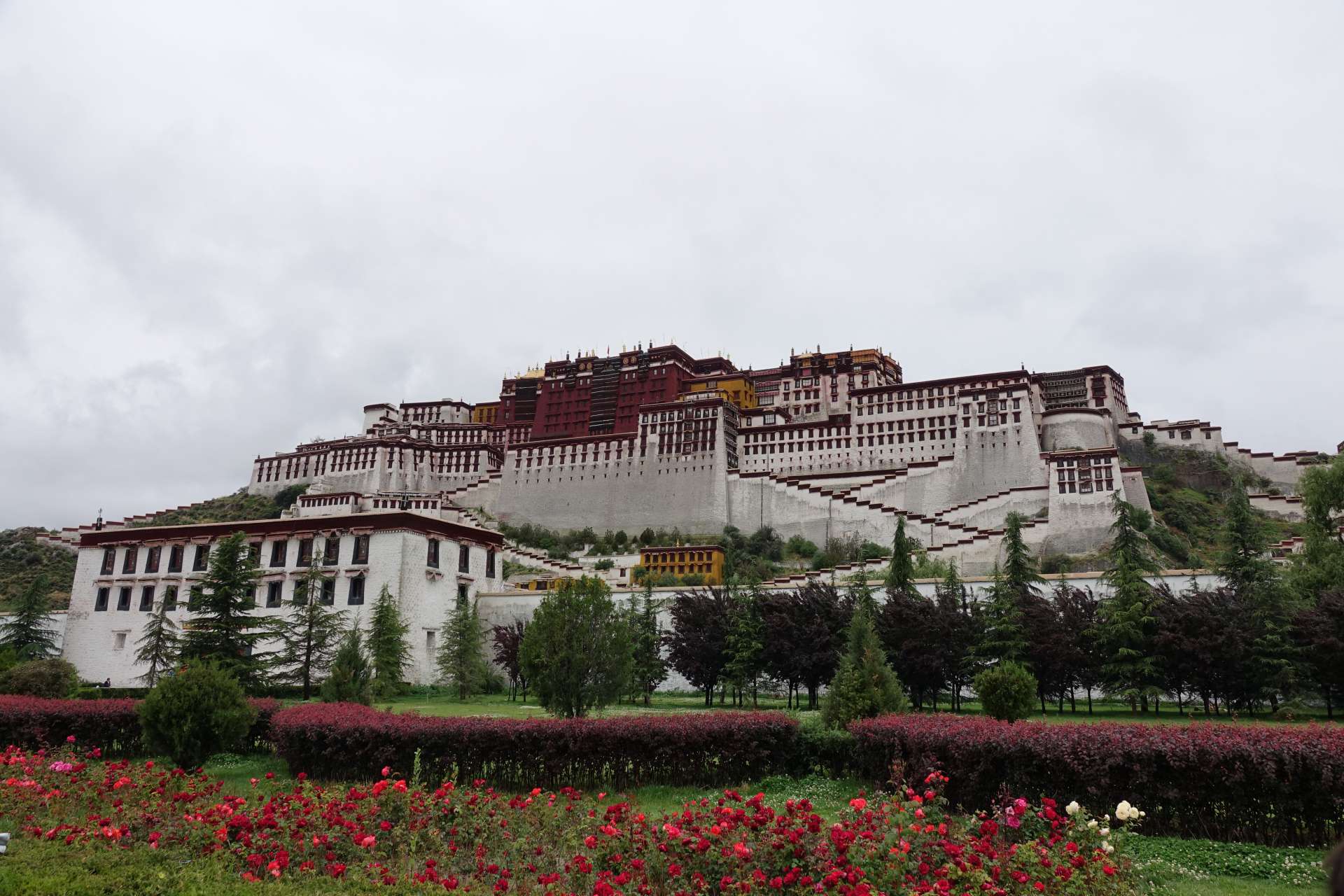




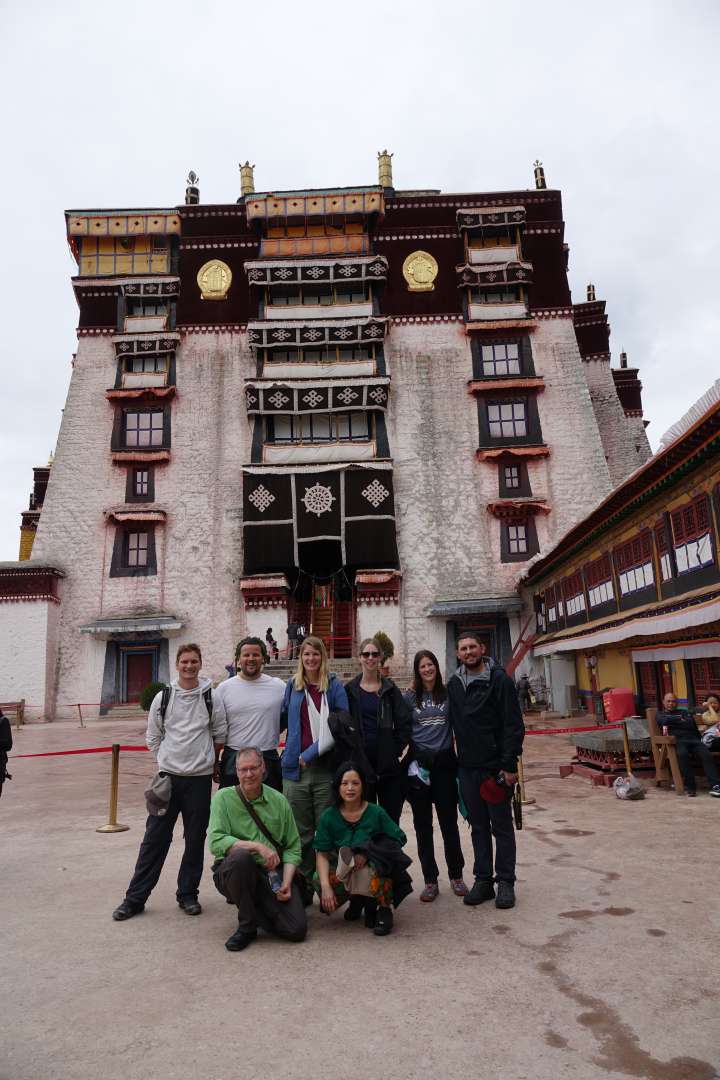
In the palace, each Dalai Lama had his residence and received important guests, in addition to pursuing his teachings. The palace is beautifully decorated and adorned. The stupas containing the mortal remains of the 5th, 7th, 8th, 9th, 10th, 11th, 12th, and 13th Dalai Lamas are housed in the palace. The largest stupa belonged to the fifth Dalai Lama, as the palace was his work and had historical significance.




I'm slowly starting to recognize the different Buddha figures and their meanings, but they are depicted slightly differently depending on the sect and monastery, which doesn't make things any easier.
Harpidetu Buletinera
Erantzun
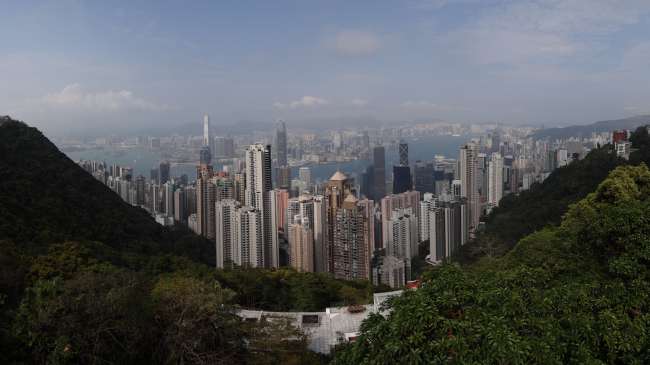
Bidaien txostenak Txina
